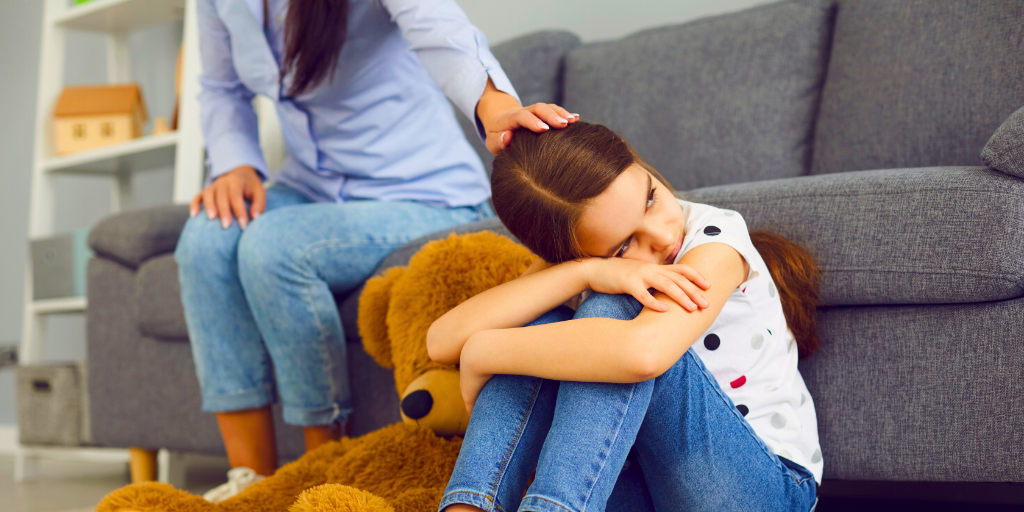
Amelia Bentrup shares how a recent conversation with her 6-year-old daughter led to a lesson on envy.
“I’m sad because Big Sister will be in a class with Friend, but I won’t, and it’s not fair.” So began a conversation with my 6-year-old daughter when I pressed her about why she was quietly crying in the car on our way to an activity.
Suddenly it hit me like a ton of bricks. Envy. My daughter was struggling with envy, the same capital, deadly sin that I myself so often struggle with.
Envy. It is often a hidden sin, one that is sneaky and hard to recognize both in our children and in ourselves. It is cloaked in our feelings and emotions, and we often don’t think of our emotions as being sinful—but sometimes they are.
Google defines envy as “a feeling of discontentment or resentful longing aroused by someone else's possessions, qualities, or luck.” Notice that envy occurs in relation to someone else. It is seeing the good another person has and feeling bad about it. Why should other people’s good fortune make us feel bad when our situation has stayed the same? Yet so many times it does.
Kids naturally want fairness. They want things to be equal. If Brother gets ice cream, I should get ice cream too. If Sister gets new clothes, I should get new clothes as well. As a parent, our natural inclination may be to soothe things over, to give each child ice cream, to purchase new clothes for both sisters, even when only one of them needs new clothes.
That day in the car, my first inclination was to comfort and soothe my daughter, to try to do whatever I could to make her feel better. However, I realized that at that moment what she didn’t need was comfort: she needed growth.
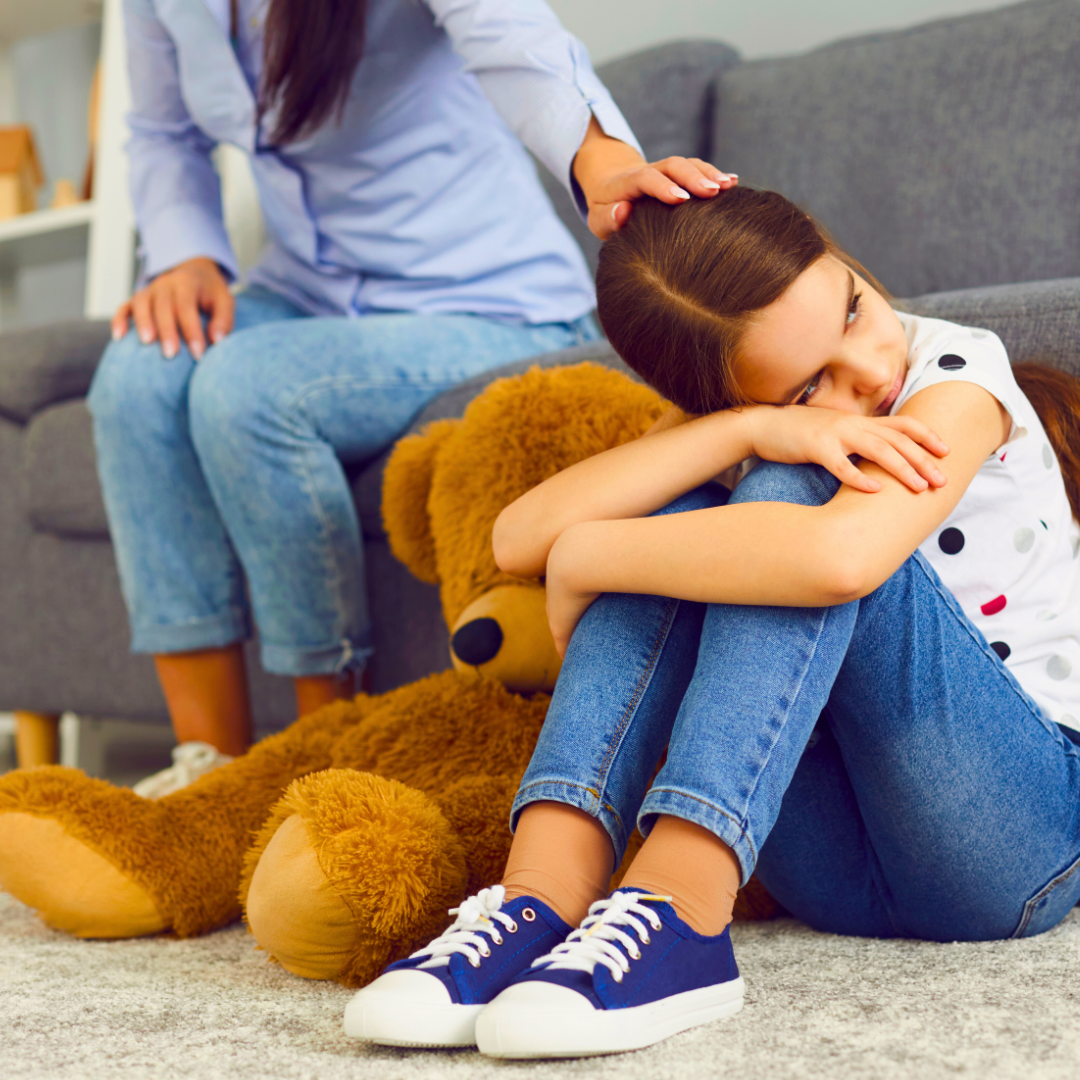
Envy is something this particular child frequently struggles with, as do I. As parents, our job is not just to parent and care for our children, but to actively try to form them in virtue. Instead of just trying to make her feel better, I decided a gentle lesson on envy and love was in order.
We talked about how she loves Big Sister. We talked about how love is willing the good of the other person. We talked about how Big Sister taking a class with Friend is good. We talked about how she should be happy that Big Sister will have a good thing happen to her. That is love. Love does not envy. Love desires good for others, even if that is a good that is withheld from ourselves.
We spend so much time trying to prevent our children from feeling bad when good things happen to others that we forget to teach them that it is good when good things happen to others.
I’ve also been starting to dig deeply into myself and recognize my own envy within. It is uncomfortable and ugly to realize that I often feel bad when good things happen to other people. Why do I feel that way? Why is my first inclination to feel a twinge of envy when someone else has a good? I should feel happy for them, instead of sad and envious that I do not have that same thing.
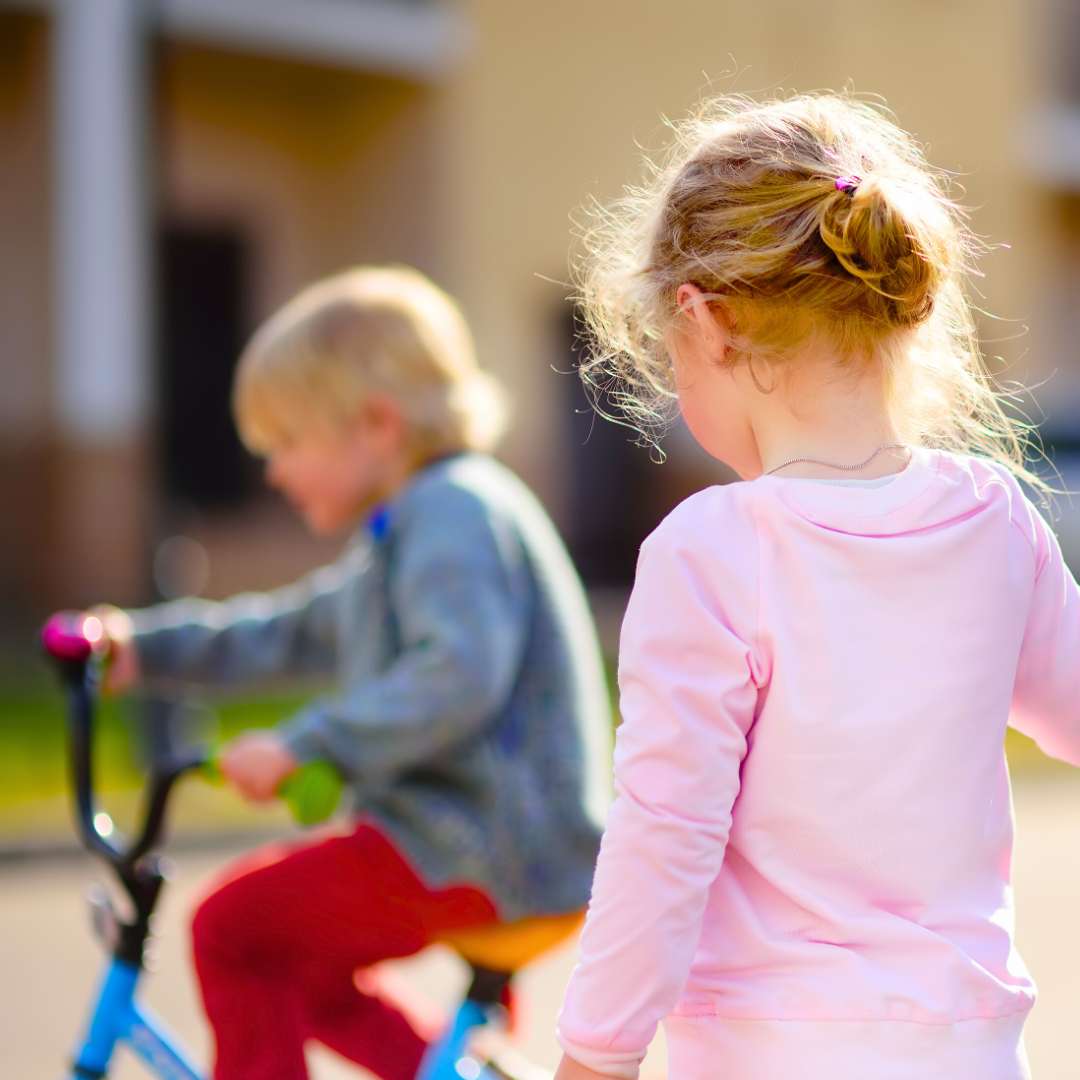
Envy is a human emotion. We all feel it. And we all need to fight against it. I think the first step is awareness. Name the emotion: Envy. Oftentimes it stems from insecurity. We feel insecure about ourselves, so we feel bad when other people seem to have better things, better friendships, better financial success, better homes.
Next, remind yourself what love is. We are called to love our friends and our families, our neighbors and even strangers. Love is willing the good of the other person. If we truly love others, we will not be envious of them. We rejoice when good things happen to them and feel sorrow with them when bad things happen. Instead of being envious about others' friendships or financial success, strive to rejoice that they have good things. Be truly and generously happy for them.
When your children suffer disappointment, remind them that their disappointment may be someone else’s joy. The fact that they didn’t get the lead in the play or make the basketball team means that someone else did. Learning to be truly happy for the other person, while extremely difficult and feeling their own disappointment, is a huge step in growing in virtue. Of course, we empathize with and comfort our children, but I believe it’s important not to get so caught in making them feel better that we don’t teach them how to love better.
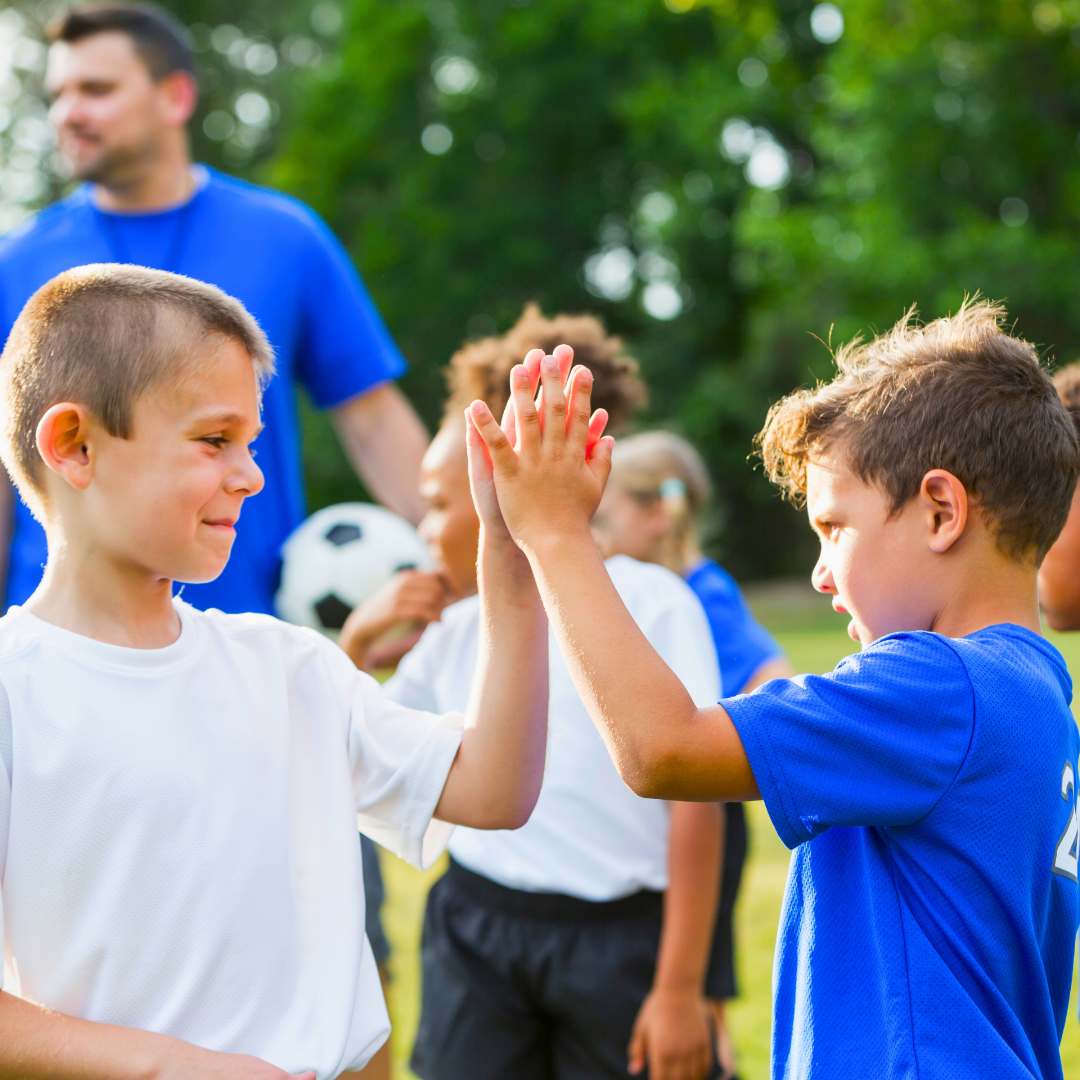
Copyright 2023 Amelia Bentrup
Images: Canva
About the Author
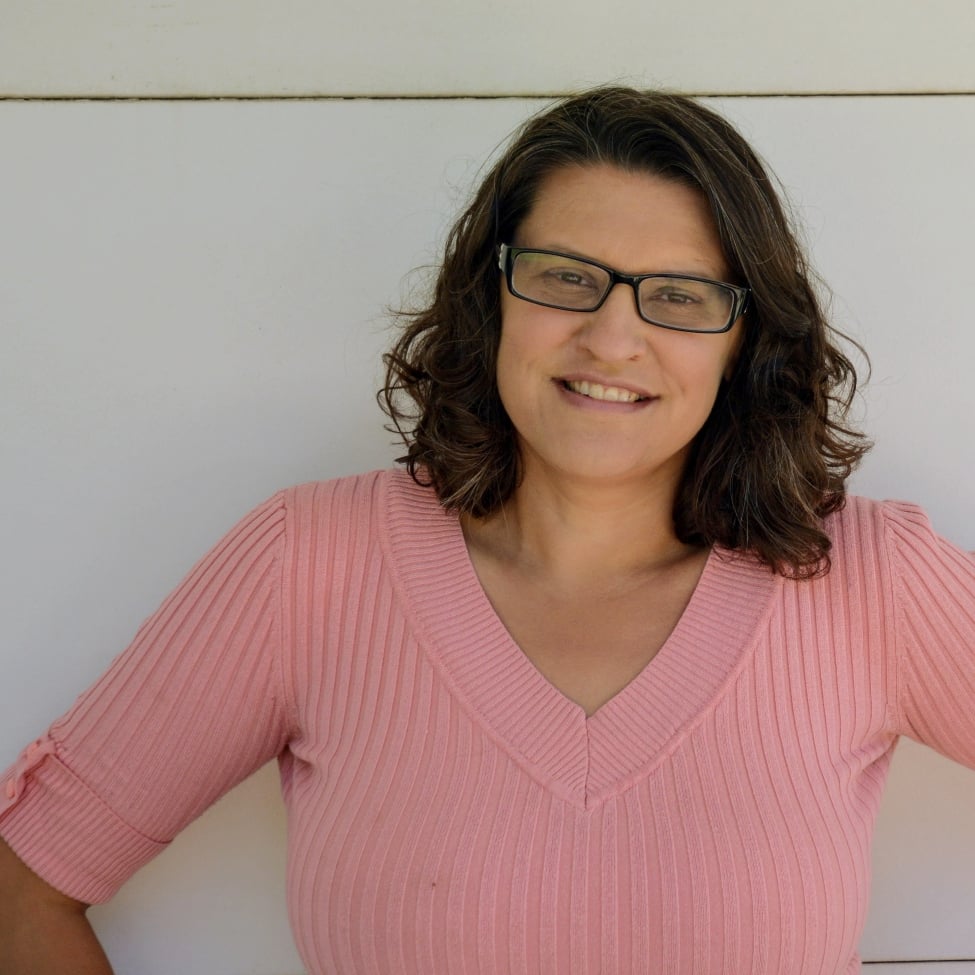
Amelia Bentrup
Amelia Bentrup is a wife and mother of five children ranging in age from early elementary school to college-aged. She spends her days homeschooling, being a semi-adequate housekeeper, writing, transcription editing, chauffeuring kids, walking through the woods, praying, and caring for a large assortment of pets that include three cats, two dogs and a rabbit. Occasionally, she tackles house projects that she immediately regrets starting,


.png?width=1806&height=731&name=CatholicMom_hcfm_logo1_pos_871c_2728c%20(002).png)
Comments